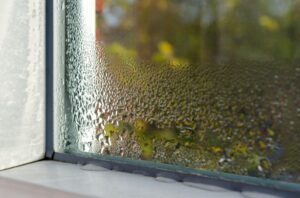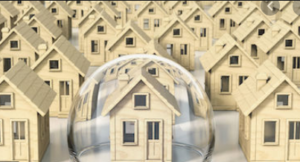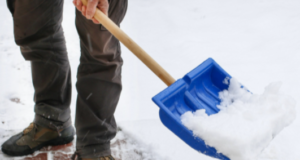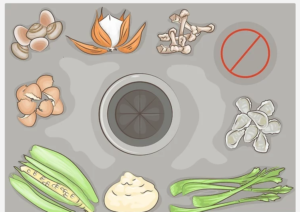Tips to Combat Excess Humidity and Moisture
Excess humidity in your suite or home can lead to mildew and mould growth and can ultimately lead to a host of health harms. In particular, given Vancouver’s damp and coastal environment, the winter months may be a greater cause of concern to Tenants and Homeowners. As you heat your home, it is important to control exc ess moisture that may accumulate on windows, glass surfaces, and window sills.
ess moisture that may accumulate on windows, glass surfaces, and window sills.
Whether you rent or own a home, please follow some of these simple tips to keep your home dry and minimize potential for mould growth.
Temperature
- Keep your home at a consistent temperature
- Warm air can hold more moisture and still feel dry
- Cold air can’t hold as much moisture– leading to condensation when the home is cooler
Showering and Bathing
- Turn your bathroom fan on for one hour after visual signs of steam and condensation. Be sure to keep your fan on until steam and condensation disappear!
- Wipe down the shower tub and tiles to remove water droplets from lingering
Cooking
- Keep lids on pots while cooking and turn on the kitchen fan
- Allow the dishwasher to run its full cycle before opening it
Laundry
- Do not hang dry clothing inside your unit during winter months
- Do not hang items in front of the fireplace or near baseboard heaters to dry
Furniture Placement
- Be sure to allow a few inches of space between any exterior walls and in front of windows to ensure air circulation
- Do not block heaters with furniture
Plants and Fish Tanks
- Indoor plants and fish tanks can add moisture in the air
- Keep number of plants to a minimum or opt for plastic plants if possible
Cleaning Mould
- Some mould or mildew growth along window frames is normal in the winter. It is not a cause for concern and should be cleaned with a cloth periodically. You may clean it with a mild bleach solution for non-porous (metal) surfaces and a hydrogen peroxide mixture for porous surfaces (drywall) if you wish




